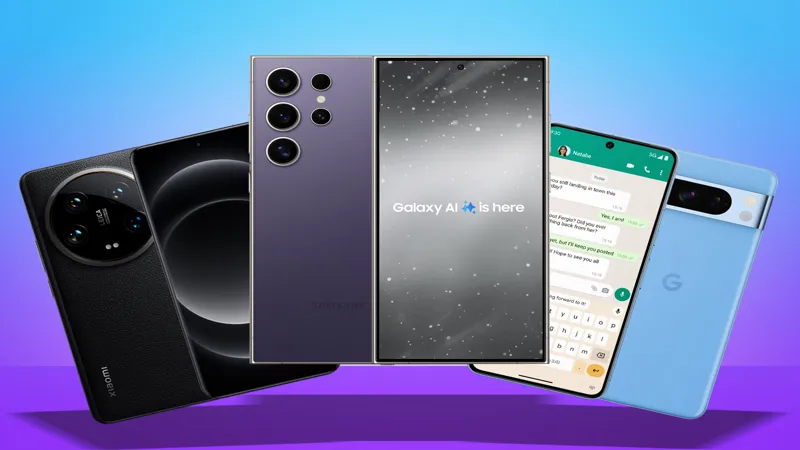As the digital landscape evolves, artificial intelligence has become an indisputable force, seamlessly integrating into our daily lives, particularly through our smartphones. Over the past year, AI features have dominated the tech conversation, with manufacturers touting their latest innovations and promising unprecedented capabilities. Yet, behind the glitzy marketing lies a pressing question: how does this AI revolution impact hardware requirements? Apple, a titan in the industry, has historically opted for minimal specifications, leading to a curious juxtaposition as the demand for more powerful devices rises. Join us as we explore how the push for AI-enhanced technology is reshaping the specifications of smartphones and laptops, and what that means for consumers.
| Device/Model | RAM | CPU | Price | Notes |
|---|---|---|---|---|
| iPhone 15 | 6 GB | A15 (5 nm) | $800 | Last year’s chip, limited performance. |
The Rise of AI in Smartphones
Over the past year, artificial intelligence (AI) has become a major talking point in the smartphone industry. Every time a new phone is introduced, we hear about its AI capabilities that promise to make our lives easier. These AI features can help us with tasks like searching for information on Google or jotting down notes quickly. It’s fascinating to see how technology is evolving, but it also raises questions about the actual usefulness of these AI assistants.
As manufacturers continue to push AI in their marketing, one thing is clear: AI needs powerful hardware to function well. Many smartphones now come with at least 8 GB of RAM and strong CPUs to support these advanced features. However, some brands, like Apple, have been slower to upgrade their devices, sticking with older technology. This situation makes us wonder if AI is truly worth the hype if the devices can’t keep up.
Frequently Asked Questions
What is the impact of AI on smartphone hardware?
AI features require more powerful hardware. Recent smartphones are now equipped with better RAM and CPUs to support AI tasks, improving overall performance.
Why does Apple use lower specs in its devices?
Apple traditionally uses minimal hardware specs because their software, iOS and macOS, are highly optimized to work efficiently with less RAM.
What are the RAM requirements for AI in smartphones?
For effective AI performance, smartphones need a minimum of 8 GB RAM. Recent models, like the iPhone 16, now meet this standard.
How does Apple compare to other manufacturers in specs?
Apple often used lower specs than competitors, but recent models like the iPhone 16 and updated MacBooks feature improved hardware to support AI.
What changes did Apple make in their latest devices?
Apple upgraded its devices, with the iPhone 16 using new A18 chips and all base MacBooks now starting with 16 GB of RAM.
Is AI technology useful in Apple products?
Currently, AI tools in Apple devices are still developing. They help with tasks like text summarization and quick searches but need better hardware for advanced features.
What should we expect from future iPads regarding AI?
Future iPads will likely need updated hardware to support AI. The current base iPad model is overdue for an upgrade to meet these demands.
Summary
Over the past year, smartphones have integrated various AI features, claiming to assist users in many tasks. However, to run these AI tools effectively, smartphones and laptops need good hardware, particularly RAM and powerful CPUs. While Apple traditionally offers lower specs, the latest iPhone 16 and MacBook models now come with improved hardware, like 8 GB of RAM and updated processors. This shift shows that the demand for AI has led to better specifications in devices, benefiting users. Even though AI’s usefulness may vary, it has prompted enhancements in technology across Apple’s product line.
